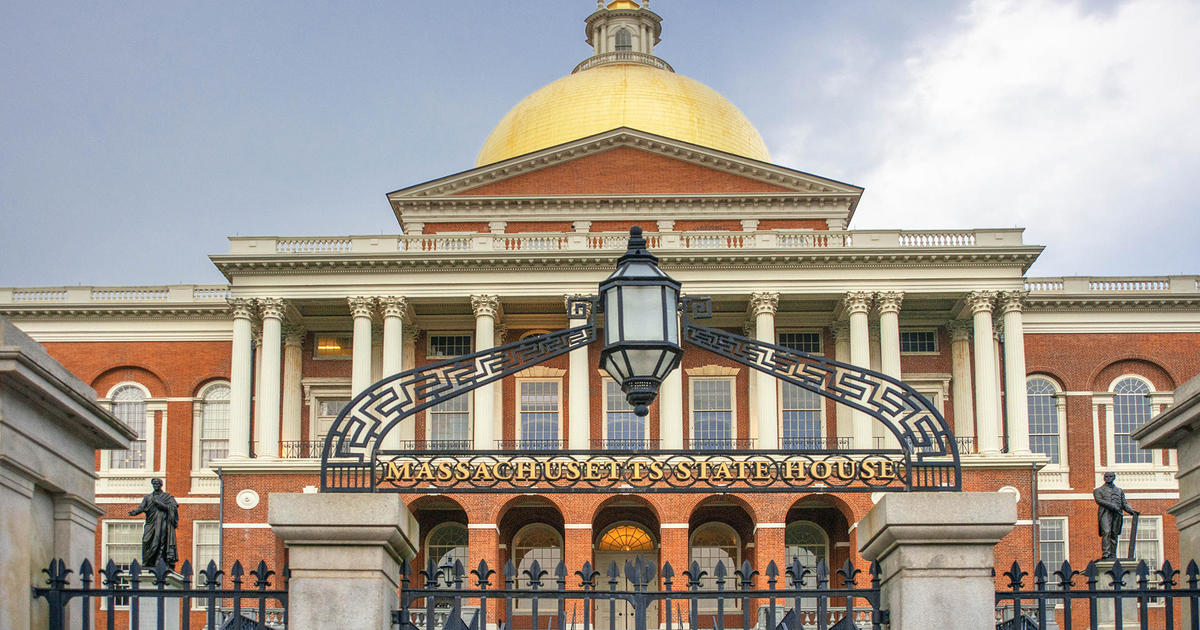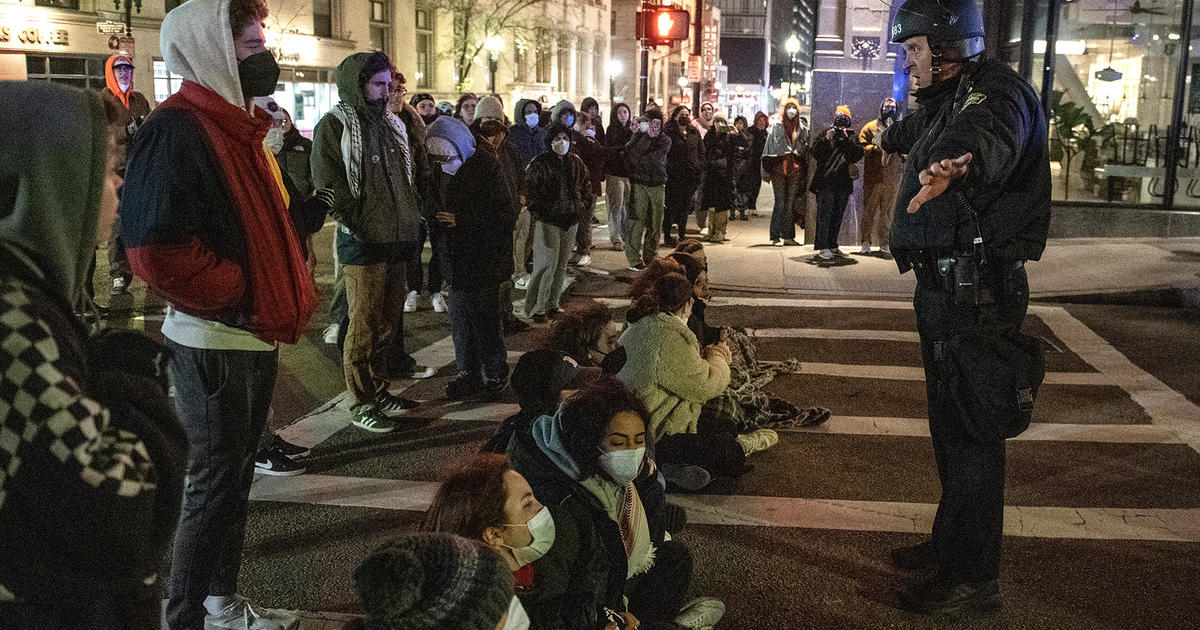Why does food cost so much?
BOSTON - The rising costs of food at restaurants and the grocery store is taking a bigger bite out of monthly budgets. Seven dollars for eggs, eight for bacon - costs are pricing Americans out of basic needs.
"It's gotten much more expensive to do grocery shopping," said Una Simmons, of Boston, who was shopping for food with her three nieces Wednesday. "Today I was buying Cheerios and bananas and strawberries. It gets really expensive."
Simmons has three kids of her own - the oldest is 28 - and she's noticed a difference in her receipts over the last few decades.
"Costs of goods have gone up probably 50%," she said.
Despite inflation slowing down, food prices continue to increase. The Consumer Price Index shows food purchases, including groceries and restaurants, are getting worse for your wallet. Restaurant prices have increased 5.1% on an annual basis, and groceries have increased 1.2% annually, leading to Americans spending the largest percentage of their income on food in the last 30 years.
"Food and energy prices have risen at particularly rapid rates. Wages, too, have just not kept up," said Boston College Economics Professor Peter Ireland. "We had forgotten about just how costly and painful inflation is, especially for our most vulnerable people on fixed incomes. If food and energy prices are rising more rapidly than incomes, it leaves less to spend on other things."
And that could lead people to having to make painful choices - like deciding between groceries and gas.
"Policy makers run the risk of seeming oblivious to the concerns of the American consumers," Ireland said.



